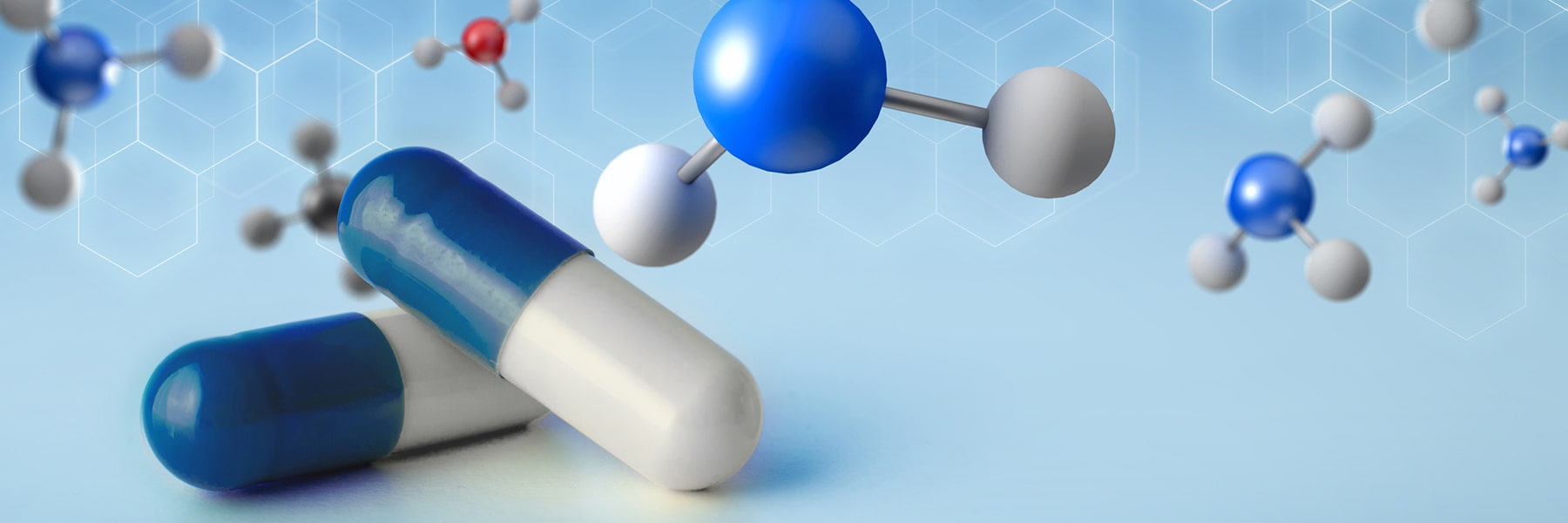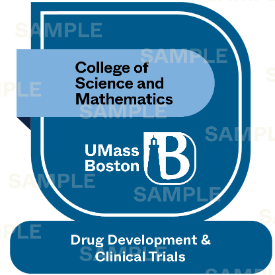Plan Your Education
Curriculum
Drug Development
Several assessments (quizzes, short essays) are required throughout the course of the instructional pieces, with a final assessment directing the learned to successfully 'design and test a drug in vitro and in vivo' vivo' in the form of a final paper due at the end of the module.
Clinical Trials
Several assessments (quizzes, short essays) are required throughout the course of the instructional pieces, with a final assessment directing the learner to submit a paper that successfully designs, conducts, and analyzes data from Phase I, II, III and IV clinical trials of a hypothetical drug vivo' in the form of a final paper due at the end of the module.
Cost
Cost:
$550
Learning Outcomes
- Learners will have gained an understanding of the biological underpinning of the drug development process.
- Learners will become familiar with the concepts behind drug target identification and identification of an assay to test for desired target activity.
- Learners will understand the strategies used for high throughput screening of combinatorial libraries to identify target lead compounds and those used for optimization of desired properties to create pro-drugs.
- Learners will comprehend the processes through which pro-drugs are pre-clinically assessed for pharmacodynamic (PD) and pharmacokinetic (PK) properties using in vitro (cell culture) and in vivo (animal) testing.
- Learners will understand the overall importance of population demographics in drug testing.
- Learners will understand the role of the Food and Drug Administration in reviewing and approving pre-clinical studies of New Investigational Drugs.
- Learners will understand the purpose and potential outcomes of first-in-human Phase I Clinical Trials testing of new investigational drugs for PD, PK, and safety (adverse events) / tolerability (maximal tolerable dose, MTD).
- Learners will follow promising new investigational drugs that pass Phase I testing into Phase II Clinical Trials, and how drug dosing and efficacy are determined.
- Learners will follow new investigational drug testing from Phase II into Phase III Clinical Trials, and will understand the concept and importance of Clinical Endpoints (Overall Survival) and Surrogate Endpoints (Partial Response, Progression-Free Survival, biomarkers) in assessing new investigational drugs in these trials.
- Learners will comprehend the criteria by which new investigational drugs achieve clinical and/or surrogate endpoints that exceed those for standard of care therapies.
- Learners will understand the statistical and analytic methodologies used to interpret clinical trial data.
- Learners will learn self-reliance and self-motivation.
Contact Us

